Next to Len Bridge is an outdoor relic site displaying artifacts introducing a memorable historical event: “Do Len Victory”. 60 years ago, on April 3-4, 1965, the army and people of Do Len raised their vigilance, fought intelligently and shot down enemy aircraft in the sky of Thanh Hoa, contributing to the defeat of the US Air Force’s strategic attack on the North.
Then, cross National Highway 1A - North-South railway, walk along Len river dike for more than half a kilometer to worship Buddha at Tran pagoda, which stands out in Kim Lien village, Ha Trung commune. At Tran pagoda bell tower, a special political event took place: On October 10, 1930, the first Communist Party of Vietnam cell of Ha Trung district (old) was established. Since then, Tran pagoda bell tower has become a "red address" to educate revolutionary traditions for party members and local people.
Near the foot of Nguong Son mountain is the ancient Ly Thuong Kiet temple. When he was the Governor of Thanh Hoa, Ly Thuong Kiet had the temple built. The passing of time has given the temple an ancient, quiet and majestic look. In front of the temple is the Len River, which is calm all year round, but suddenly becomes fierce when the flood comes. After lighting incense and respectfully showing gratitude to the ancestors who fought in the East and North to protect the country, visitors continue their journey.
Chau De Tu Temple or Trinh Temple, in Kim De village, is ten minutes away. The temple is located close to the Len River bank, leaning against Chung Chinh Mountain, stretching out to reflect on the Len River, where the sediments of the Ma River Ho in Thanh Hoa are preserved. Located in the Han Son - Ba Bong spiritual cultural space, Chau De Tu Temple is a special spiritual destination known to tourists from near and far. Along with the Han Son festival in the beginning of the sixth lunar month every year, Chau De Tu Temple also welcomes a large number of pilgrims to worship.
Each relic has its own story imbued with legends, among which, Han Temple located on the slope of Chua Ngu Mountain, reflecting on Len River (formerly Chi Phuc Village, Tong Son Commune) is a destination not to be missed. According to the locals: In the rainy season, the fierce flood water pours down creating white foam, so it is called Han (waterfall) and Han Temple got its name from there. There is also a saying here: "June festival Gai" (ie Han Temple festival from the beginning of June to the 12th day of the 6th lunar month). Han Temple or Han Palace is a system of temples: Chau De Tu Temple or Quan Binh Temple (Cay Thi Temple), De Tam Palace (Duc Ong Temple worshiping Thai Uy Le Tho Vuc), De Nhi Palace (Co Bo Water Palace temple on Nga Ba Bong) and De Nhat Palace (worshiping Holy Mother Lieu Hanh). The last day of the festival is the "ball procession" - carrying the mandarins to inspect the forts along the Len River front - recalling the war to support the Le Dynasty and destroy the Mac Dynasty in the 16th century.
The journey continues to Co Bo Temple. Standing out in the midst of the vast natural landscape of rivers, mountains and forests, Co Bo Temple at night is beautifully and magically lit. Legend has it that the Nga Ba Bong area used to be a bustling gathering place for boats and ships between the upstream and downstream regions to trade goods. When the fully loaded boats encountered obstacles, big waves and strong winds, the Goddess of Water appeared to help people escape danger, bringing luck and peace. At the end of the festival, there is a water procession at Co Bo Temple (June 12th of the lunar calendar), followed by bustling boat races on the river, stirring up a region of the mountains and rivers of the 5 adjacent districts of Ha Trung, Vinh Loc, Hoang Hoa, Hau Loc, Yen Dinh (old).
In particular, when visiting Co Bo Temple, Mau Han Son Temple, and the sacred Chau De Tu Temple, visitors can also enjoy a unique art form: Hat Van - Hau Dong. Dozens of musicians sing sweetly and beautifully, recounting the stories of the gods, praising their virtues and magic that have brought peace to the people and the country. The skillful performances and reenactments of the characters by the musicians, the musicians and the musicians have brought many levels and sublime emotions, especially attractive to visitors. Recently, the world cultural organization UNESCO has honored the ritual of "Practicing the worship of the Mother Goddess of the Three Palaces/Four Palaces" as an intangible cultural heritage of humanity.
For generations, the Len River has been diligently bringing fresh water and fertile alluvium to create golden seasons for residents on both banks. And the river still sparkles with folk legends and myths woven from wisdom and folk culture to become a treasure trove of valuable cultural assets and a source of pride for the people and land of Ha Trung today. In order to exploit and promote the value of relics, over the years, the local government and people have carried out socialization to preserve and restore the heritages. At the same time, the management and exploitation in accordance with the provisions of the Heritage Law not only contributes to improving the quality, efficiency and professionalism in State management of culture, but also leaves many good impressions in the hearts of visitors from near and far.
Le Nhu Cuong
Ha Trung Commune, Thanh Hoa Province
Source: https://baothanhhoa.vn/huyen-tich-ben-dong-song-len-259621.htm



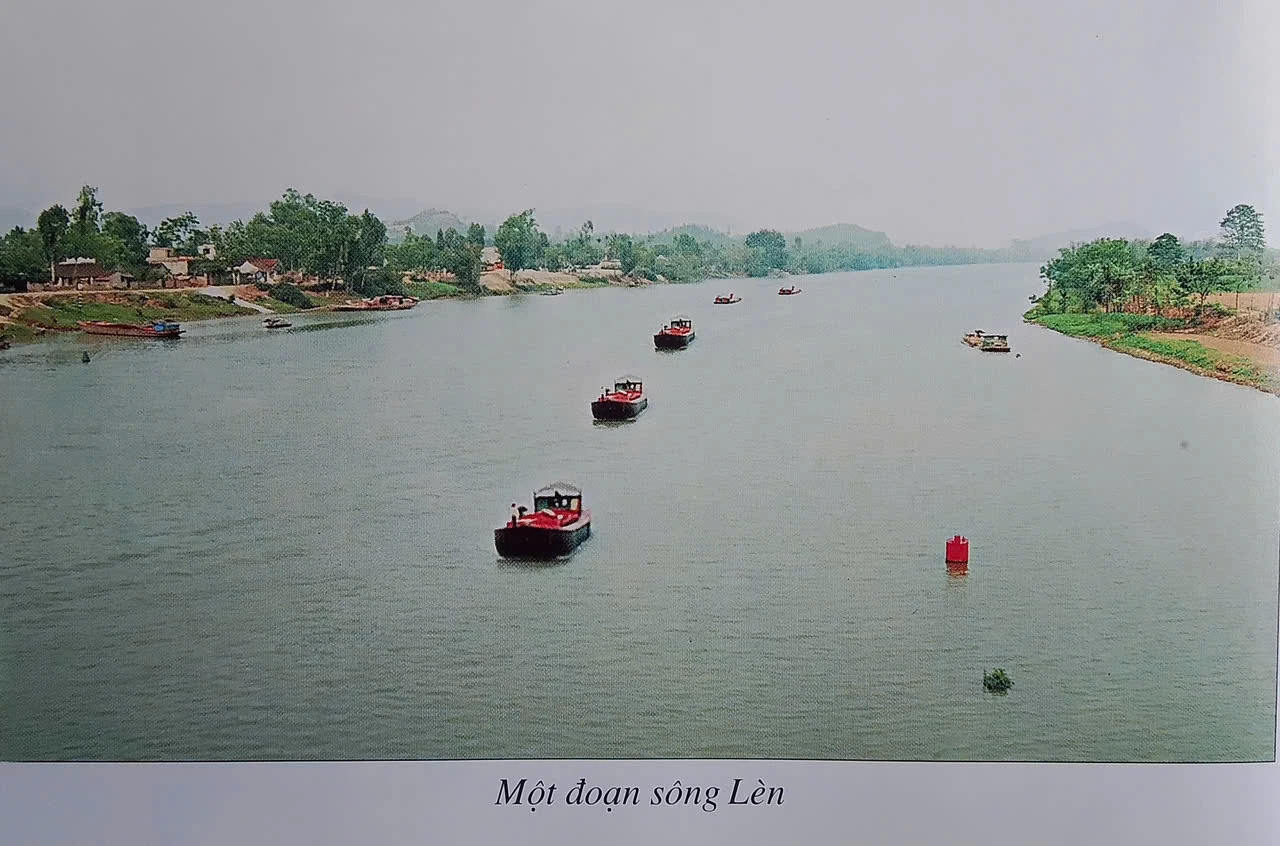
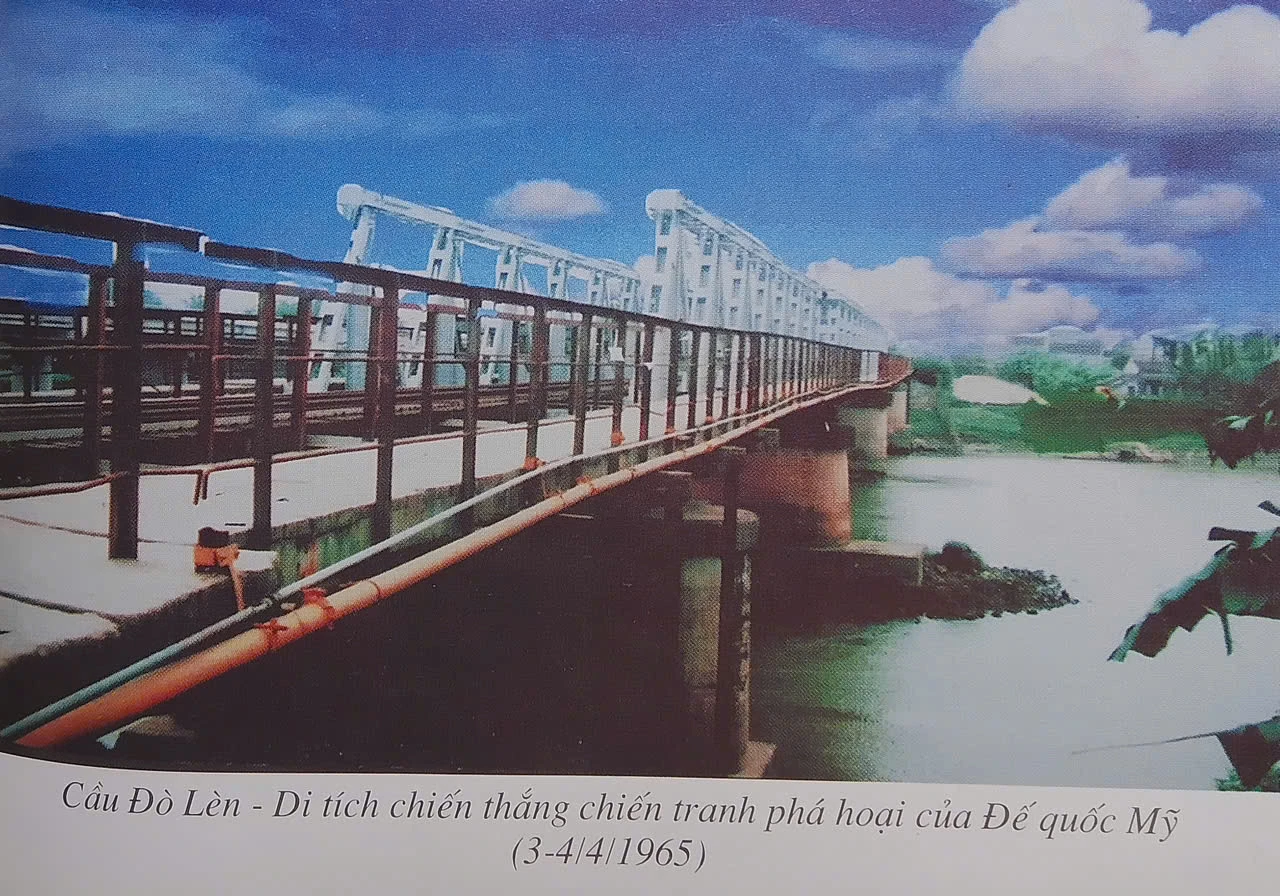
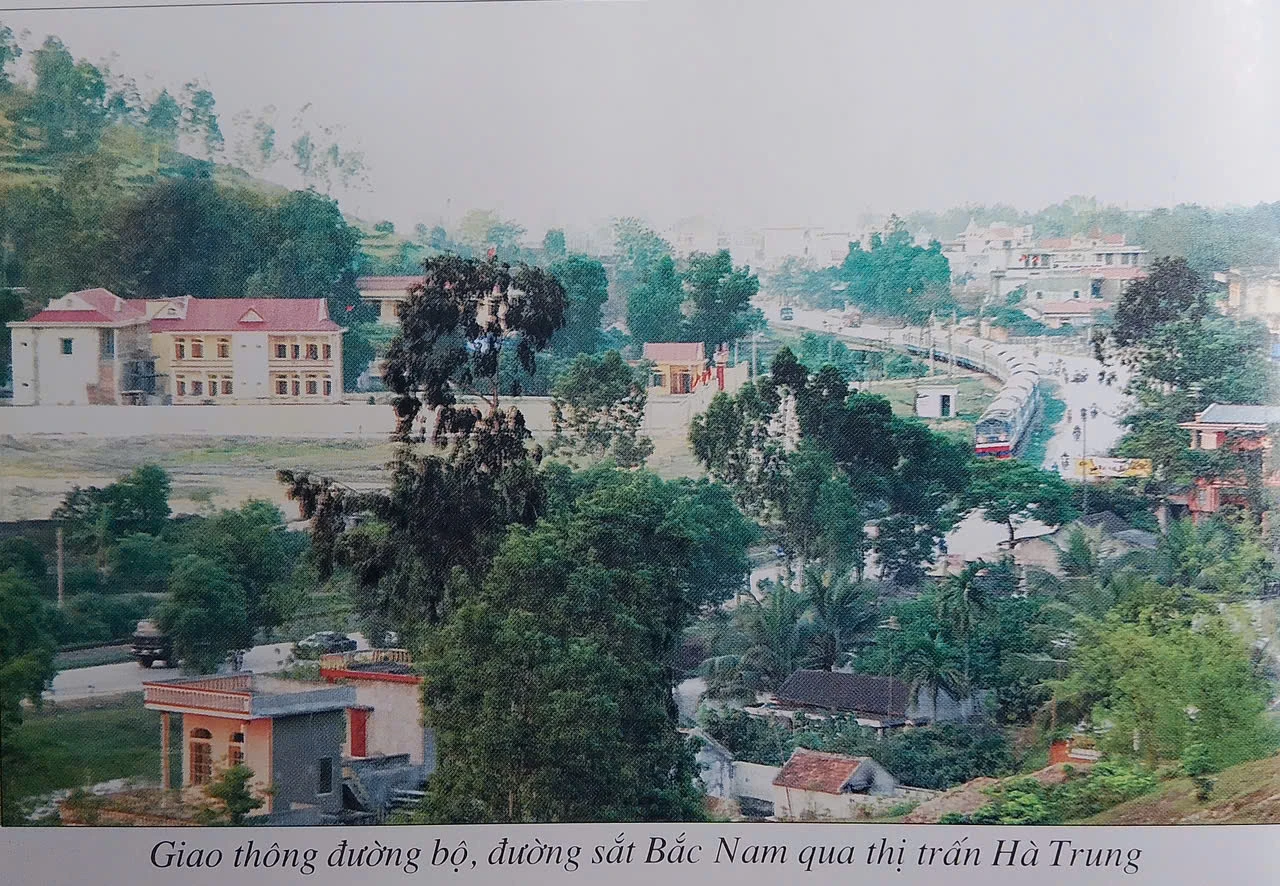
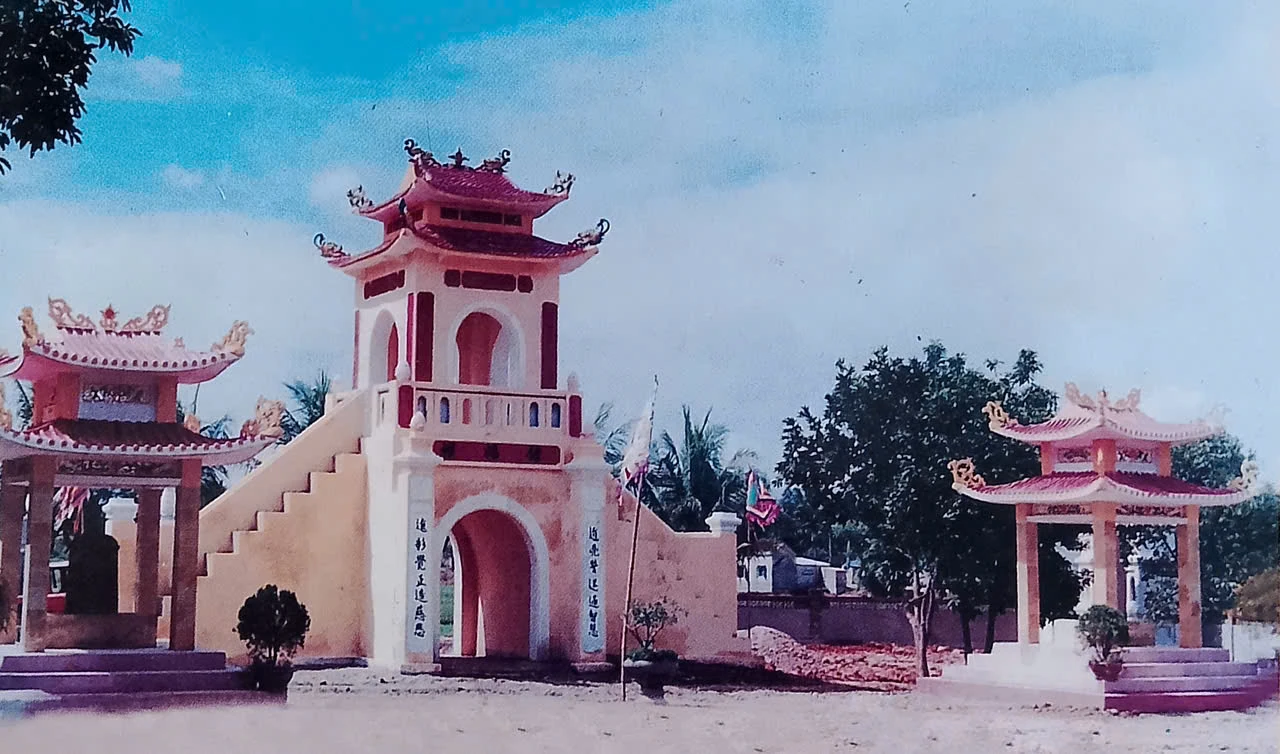
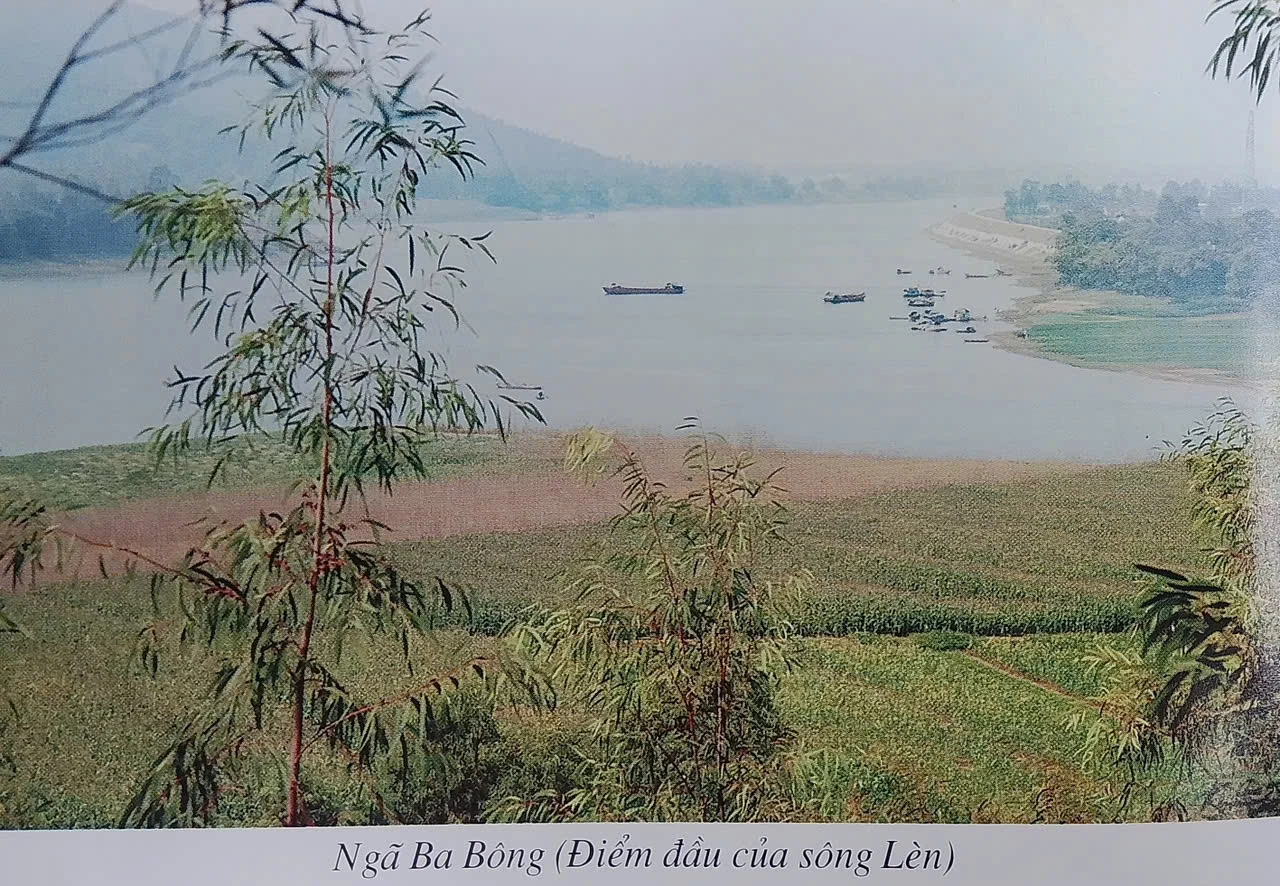
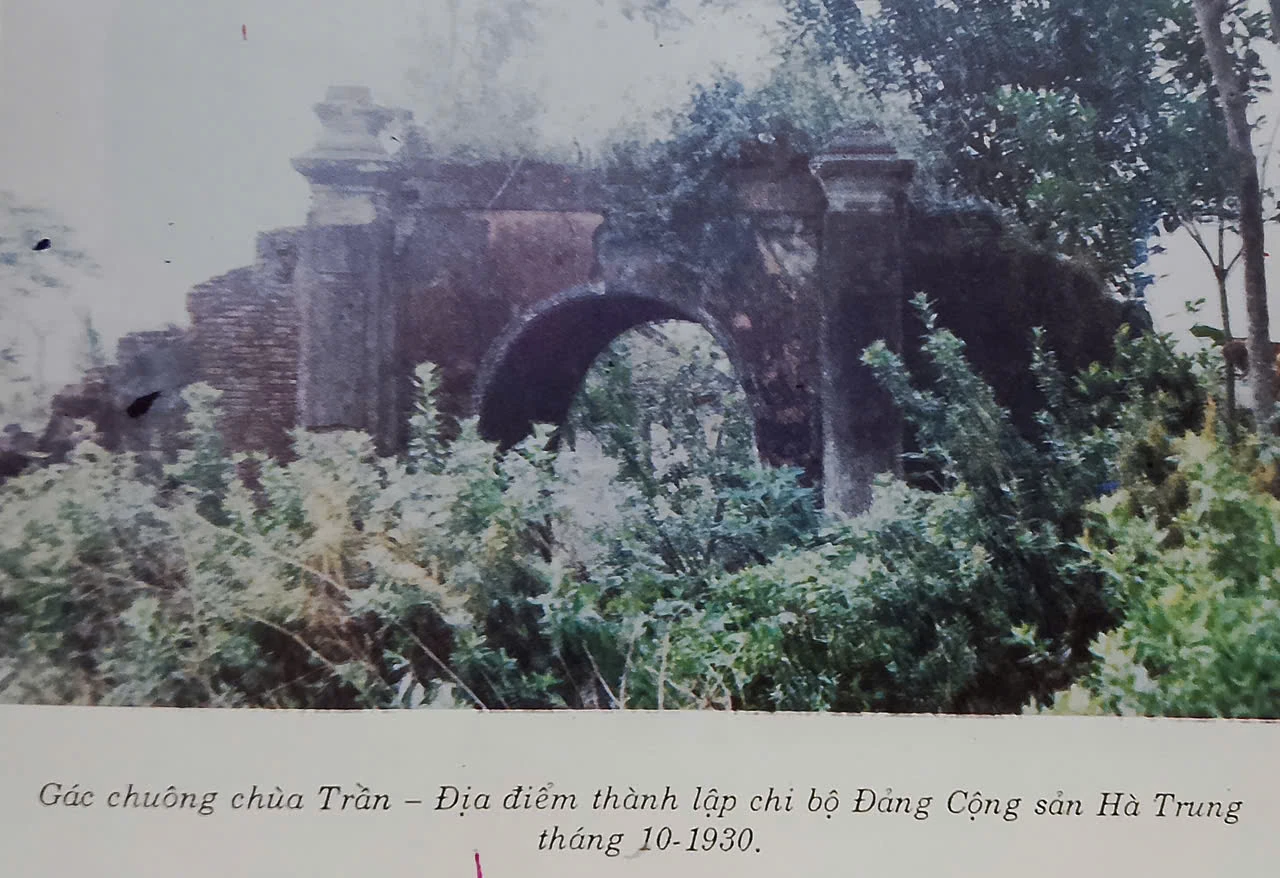
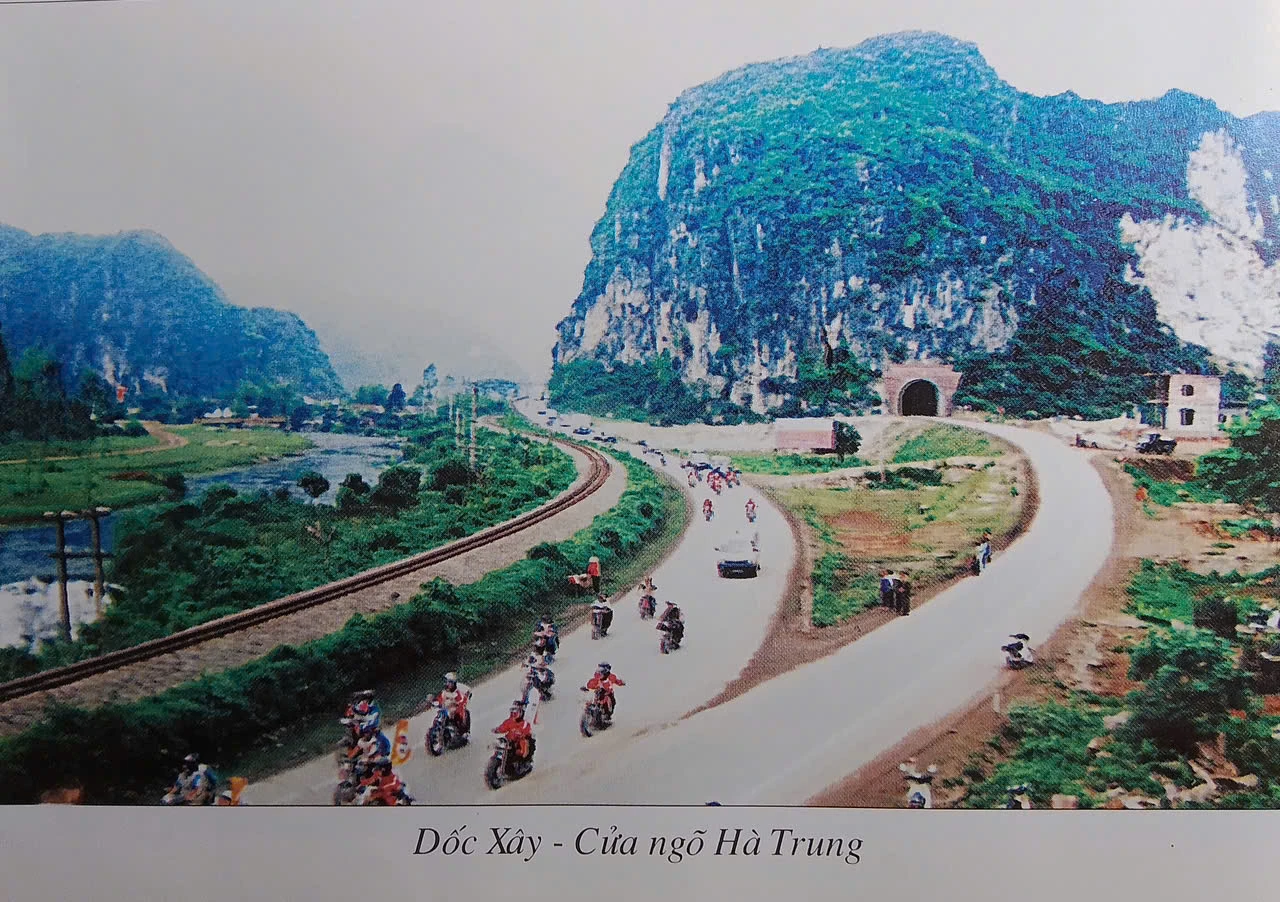
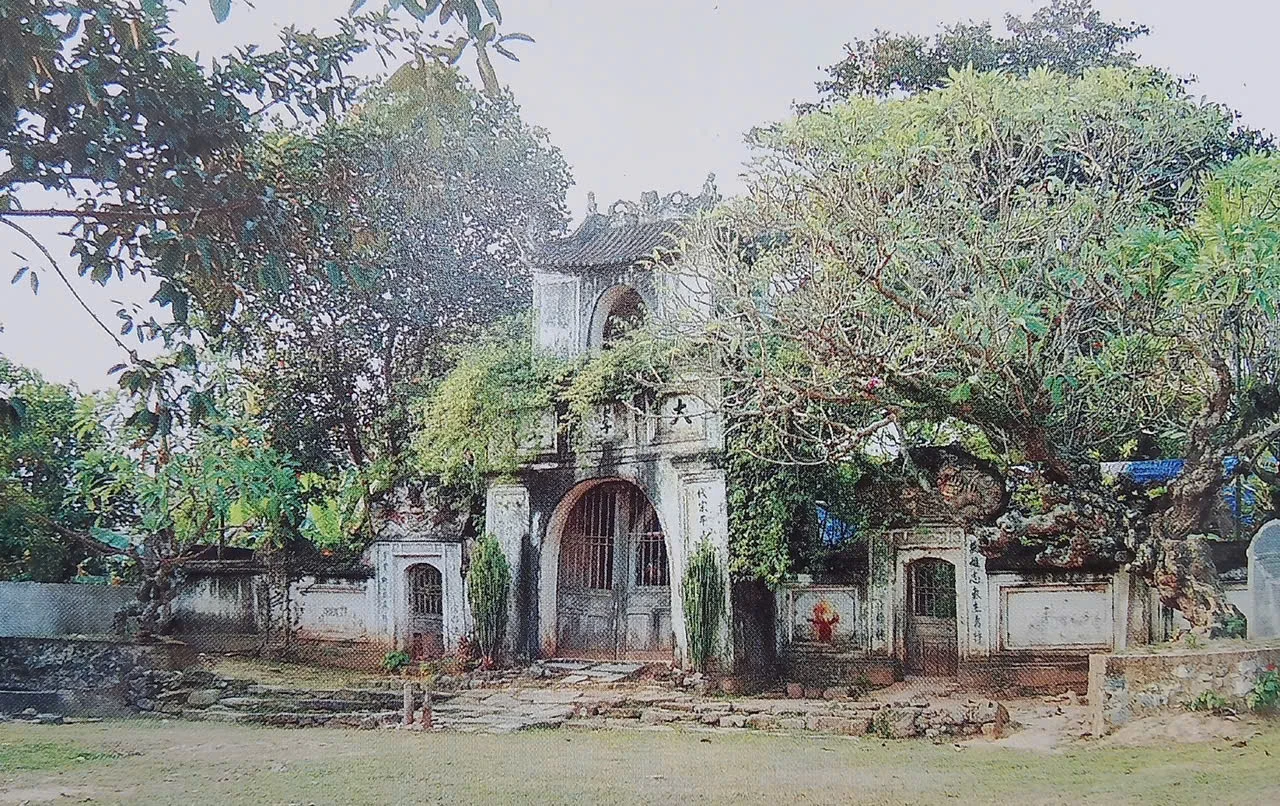
![[Photo] Multi-colored cultural space at the Exhibition "80 years of the journey of Independence - Freedom - Happiness"](https://vphoto.vietnam.vn/thumb/1200x675/vietnam/resource/IMAGE/2025/8/26/fe69de34803e4ac1bf88ce49813d95d8)
![[Photo] Prime Minister Pham Minh Chinh chairs meeting of National Steering Committee on International Integration](https://vphoto.vietnam.vn/thumb/1200x675/vietnam/resource/IMAGE/2025/8/26/9d34a506f9fb42ac90a48179fc89abb3)
![[Photo] Prime Minister Pham Minh Chinh receives CEO of Samsung Electronics](https://vphoto.vietnam.vn/thumb/1200x675/vietnam/resource/IMAGE/2025/8/26/373f5db99f704e6eb1321c787485c3c2)
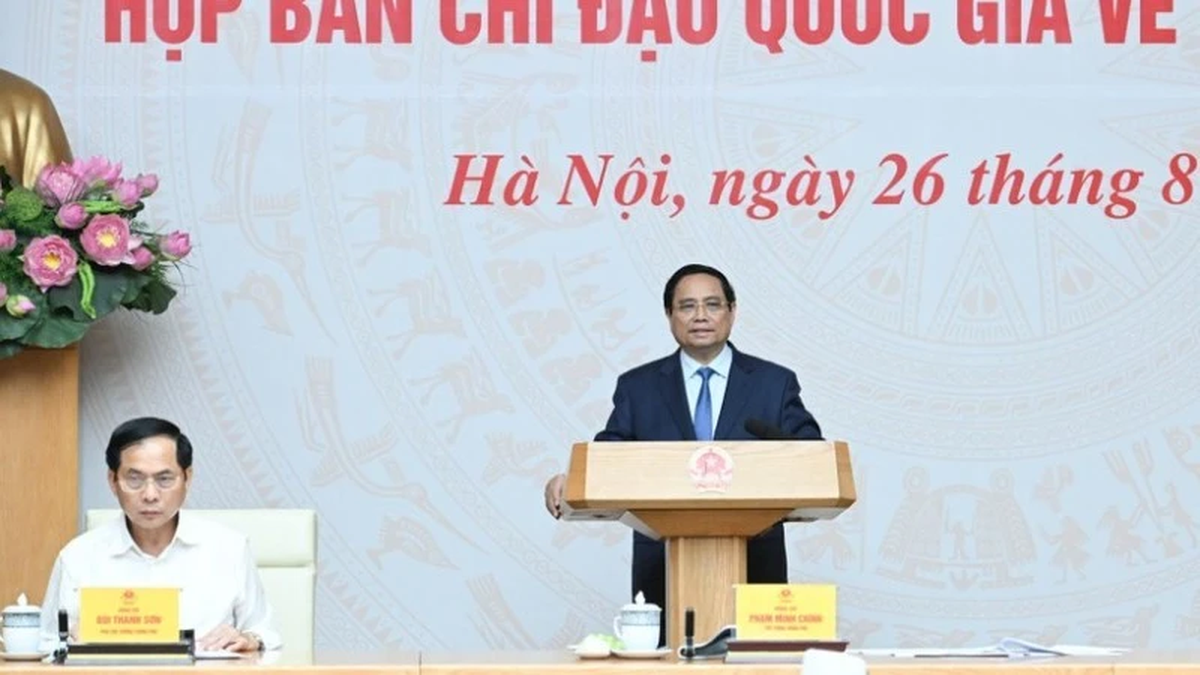
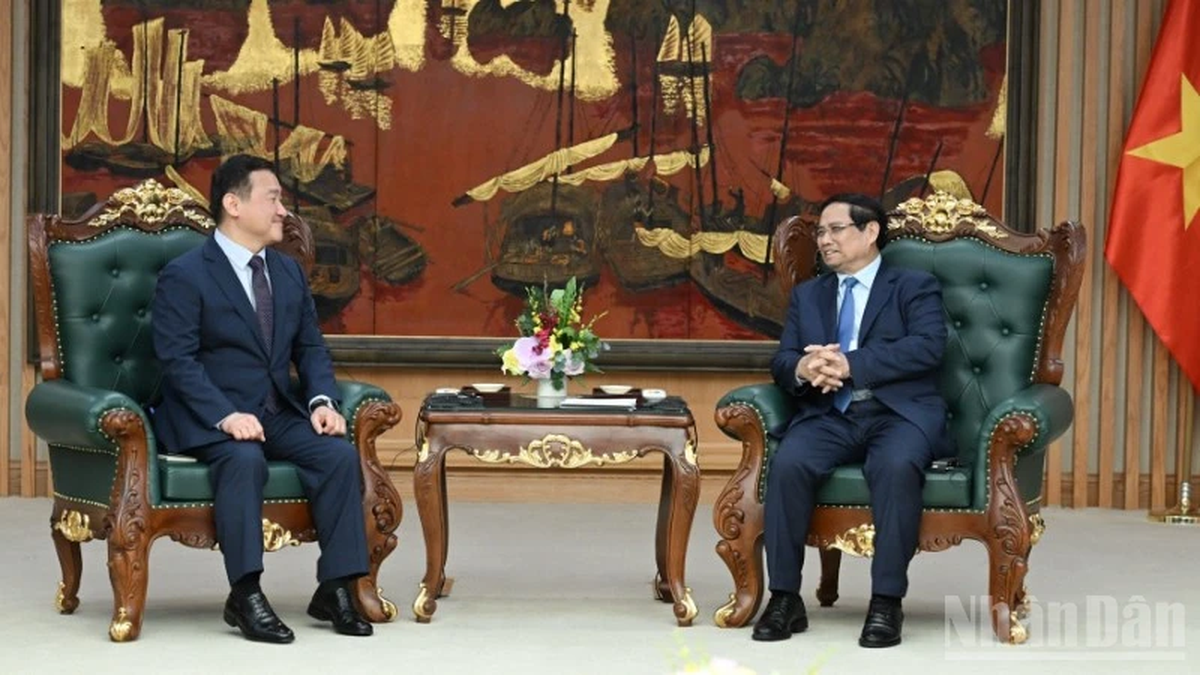

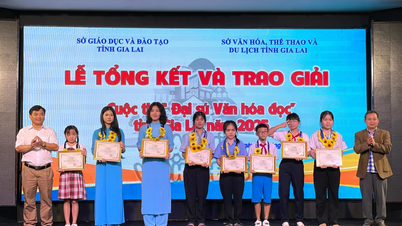



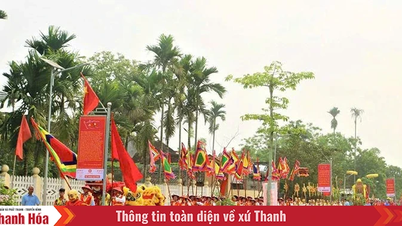
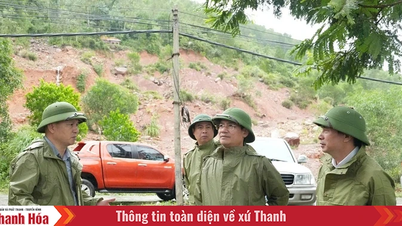
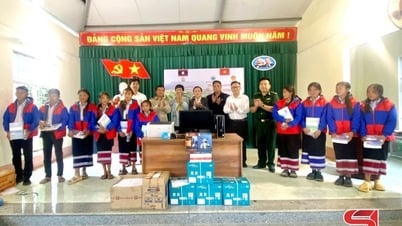

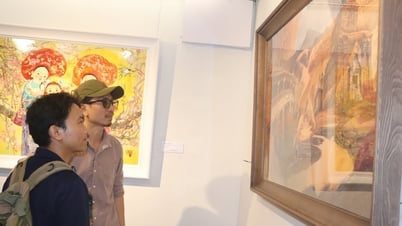





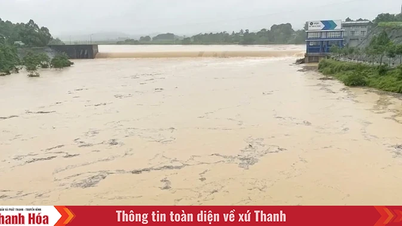
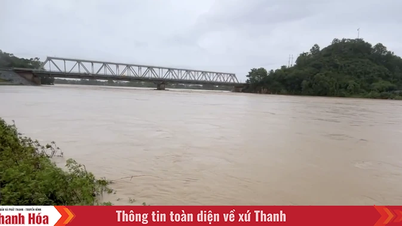
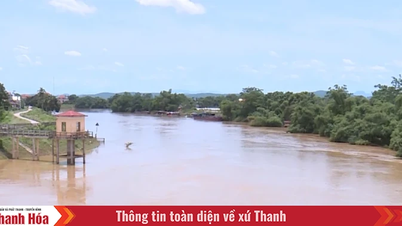

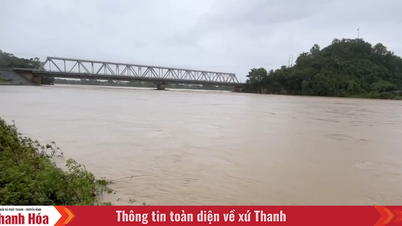
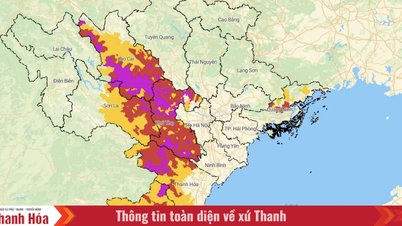
































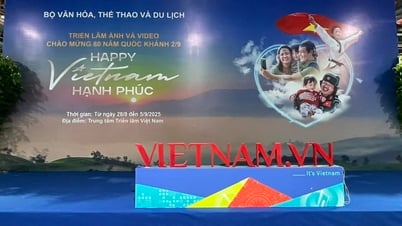
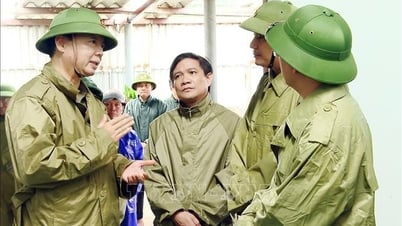




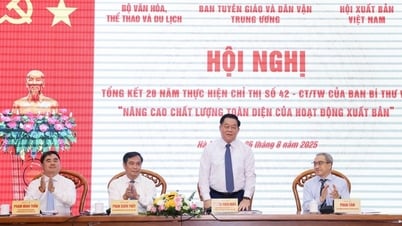



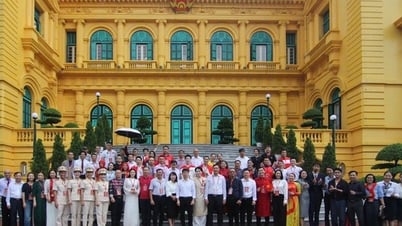


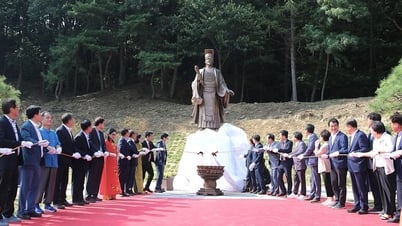

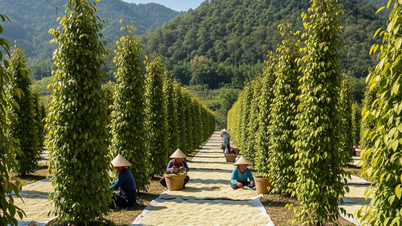
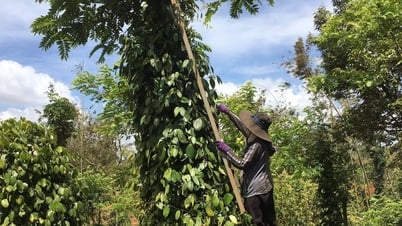

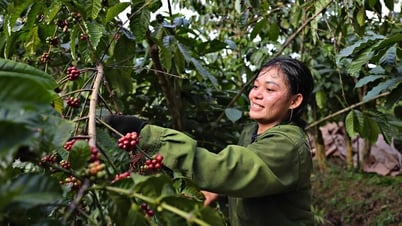
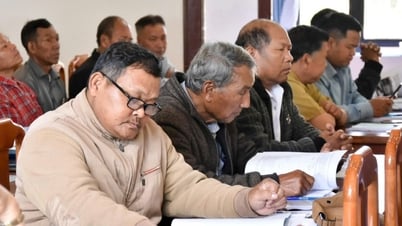






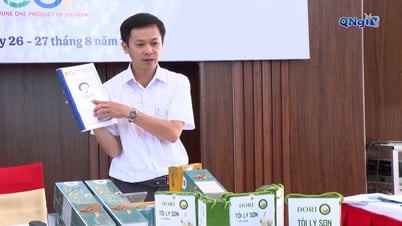







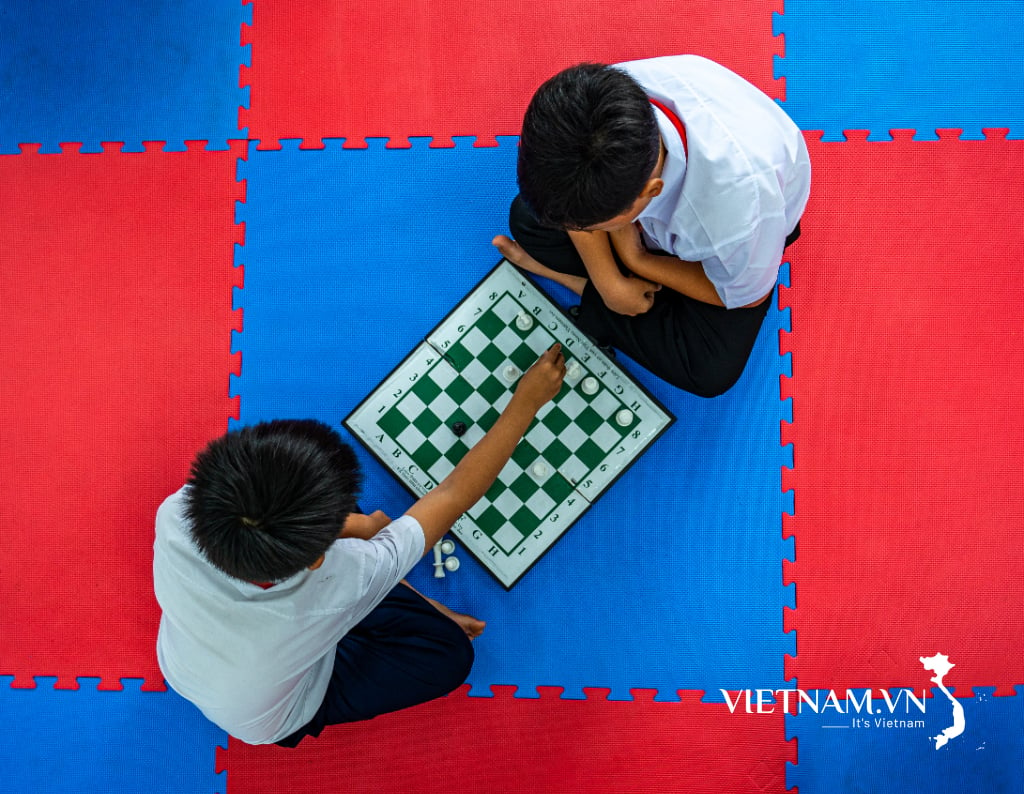


Comment (0)